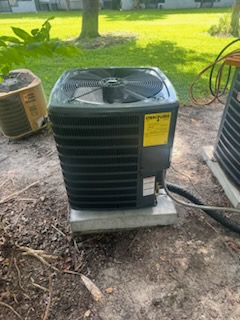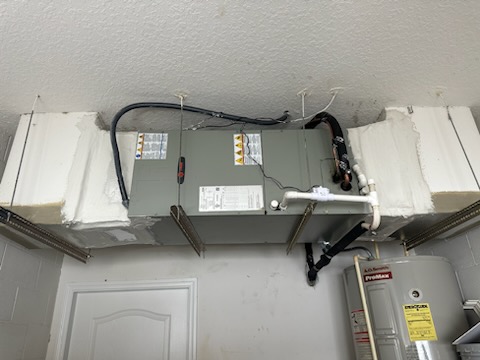How Regular AC Maintenance Reduces Repair Costs
How Regular AC Maintenance Reduces Repair Costs
Blog Article
How to Identify When Your HVAC System Needs Repair
Heat, Ventilation, and Air Training (HVAC) techniques are essential for maintaining ease in properties and businesses. But, like all mechanical techniques, they are able to falter around time. Identifying early signs of trouble can help you save from costly repairs and assure the body goes efficiently. Here's how to recognize when your HVAC service process needs repair:

Signals Your HVAC Program Needs Repair
There are numerous signs that the HVAC program may require repair. Some are more apparent than the others, but it's crucial that you focus on any improvements in your system's performance. Ignoring potential issues can cause to help damage and expensive repairs down the line.
Strange Tones
One of the very visible signs your HVAC process wants fix is uncommon disturbances from the unit. In the event that you hear bumping, clanging, or running appears, it could indicate that there's a loose or damaged part within the system. It's important not to dismiss these sounds and keep these things checked out by a skilled as soon as possible.
1. Unexpected Upsurge in Energy Bills
One of the very apparent signs your HVAC program could need fix is a sudden spike in power bills. If your power consumption hasn't transformed significantly, but your expenses have increased, it could indicate that the machine is working harder than it should. This frequently occurs because of use and rip or components that require maintenance. Addressing the issue promptly may prevent more efficiency losses and larger costs.
2. Unusual Noises
HVAC systems perform with a particular amount of background sound, but unusual seems like rattling, knocking, squealing, or grinding shouldn't get unnoticed. These sounds may indicate free areas, supporter dilemmas, or motor problems. Ignoring them can result in significant injury, turning a reasonable correct into a pricey repair job.
3. Fragile Circulation or Unequal Temperatures
If circulation from your HVAC is substantially weaker or some areas feel also cool or warm while the others are relaxed, it could signify your system's blower or ductwork is compromised. Such dilemmas can base from a blocked filtration, duct flow, or failing compressor. Immediate interest may ensure your home retains regular comfort levels.
4. Strange Smells
An embarrassing smell coming from your ports is never an excellent sign. A musty smell may show mold development within the system, while burning or smoky smells can point out electric or technical issues. These odors shouldn't be dismissed as they might pose health threats or result in system failure.
5. Frequent Cycling or Problem Starting
Does your HVAC system turn on and down more frequently than normal? Or does it battle to begin at all? These problems could signal a trouble with the thermostat, wiring, or other central components. Continuous cycling wastes energy and raises use on the machine, leading to more substantial breakdowns if remaining unaddressed.
6. Excess Humidity or Water Build-up

Your HVAC process is responsible for sustaining proper indoor moisture levels. If you see excessive humidity near the machine or feel unusually high moisture indoors, it might suggest the machine is malfunctioning. Refrigerant leaks or blocked drainage are common culprits, and they require quick qualified evaluation.
Final Ideas
Your HVAC program is just a critical expense in house comfort and energy efficiency. Knowing early warning signals and working rapidly might help prevent expensive breakdowns and extend the life of your system. Be aware of these problems and consult an avowed HVAC tech if you notice any of them. Positive care nowadays can help you save time, income, and tension tomorrow. Report this page